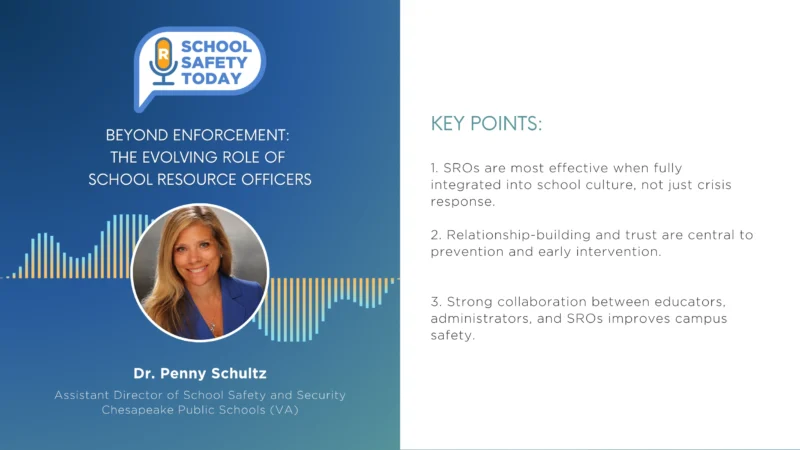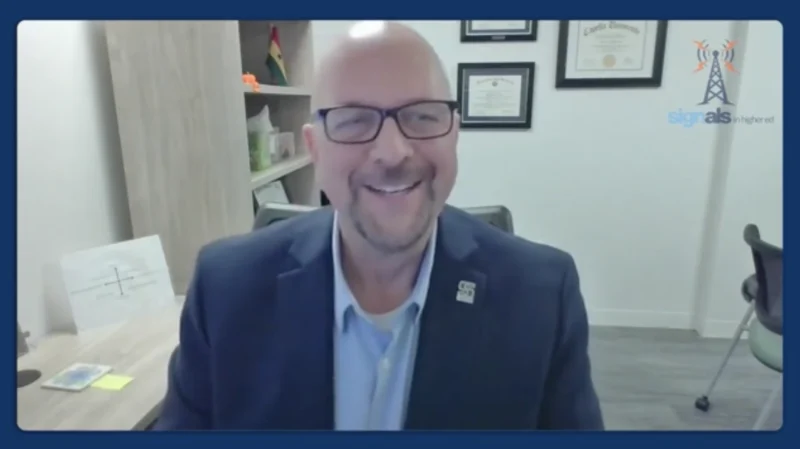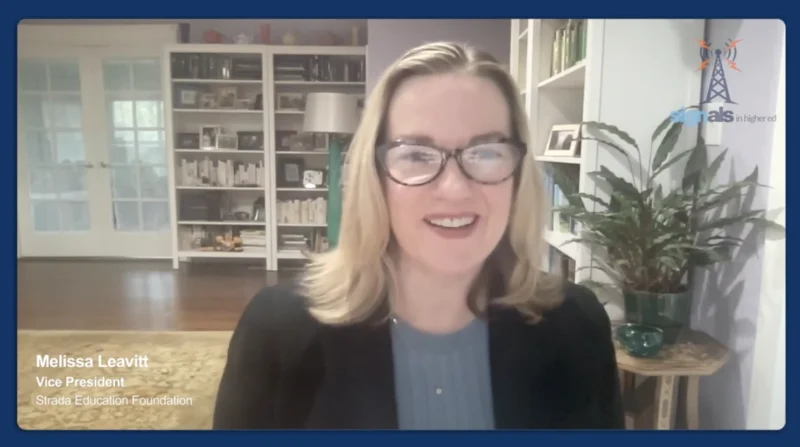The New Formula for Workforce and Talent Development: Inclusive Partnerships, Braided Funding, and Career-Aligned Training
Across the country, workforce development systems are under pressure to deliver better outcomes in an economy that demands speed, flexibility, and equity. Traditional pathways, such as community college without clear career prospects, no longer serve enough people well. A report by the Center for Community College Student Engagement found that 42 percent of community college students reported their colleges taught them “very little” or “not at all” about in-demand jobs in their regions, highlighting a disconnect between education and workforce needs. As employers seek adaptable, job-ready candidates, there is growing demand for more agile and inclusive talent development strategies.
How can cities and regions build smarter, more inclusive systems to prepare people for jobs that exist right now and those emerging tomorrow?
On DisruptED, host Ron Stefanski features Sandy Mead, the Vice President of Workforce Development at Skilltrade, and Tracey Carey, CEO of Midwest Urban Strategies. Together, they unpack how innovative partnerships, braided funding models, and career-aligned education are reshaping workforce and talent development in Detroit and beyond.
Key Points from the Episode:
-
Braided funding and employer partnerships create practical pathways: Programs involving partners like Focus Hope show how aligning training with employer needs leads to stronger outcomes.
-
Stackable credentials build career agility: Carey emphasizes the importance of enabling workers to grow across sectors, especially in fast-changing fields like healthcare.
-
Innovation must be community-centered: The episode highlights how regional collaboration across states like Missouri, Kansas, and Georgia fuels scalable, inclusive workforce solutions.
Sandy Mead is a seasoned workforce development strategist with over two decades of experience designing training programs in healthcare and IT. She has held leadership roles at Skilltrade, Metrix Learning, and MedCerts, where she focused on aligning employer needs with online and hybrid learning solutions that lead to nationally recognized certifications. Her expertise lies in building strategic partnerships and expanding access to career-aligned training for underrepresented and unemployed populations across the U.S.
Tracey Carey is the CEO of Midwest Urban Strategies, where she leads multi-state workforce collaborations focused on innovation, funding, and inclusive career pathways. She brings over two decades of expertise in strategic planning, organizational leadership, and program development across workforce, education, and youth services. As founder of People Capital, Inc., Carey has supported public-private initiatives that align training systems with labor market needs in healthcare and beyond.




